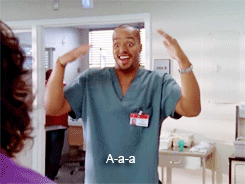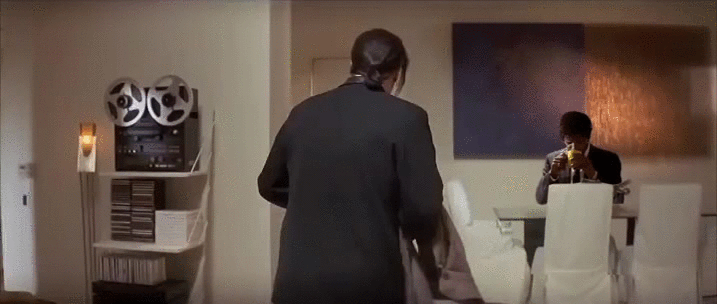- Community
-
Programs
- Schools
-
Careers
- RN Specialties
- Best RN Jobs and Salaries
- Aesthetic Nurse
- Nursing Informatics
- Nurse Case Manager
- NICU Nurse
- Forensic Nurse
- Labor and Delivery Nurse
- Psychiatric Nurse
- Pediatric Nurse
- Travel Nurse
- Telemetry Nurse
- Dermatology Nurse
- Nurse Practitioner
- Best NP Jobs and Salaries
- Family NP (FNP)
- Pediatric NP
- Neonatal NP
- Oncology NP
- Acute Care NP
- Aesthetic NP
- Women's Health NP
- Adult-Gerontology NP
- Orthopedic NP
- Emergency NP
- Psychiatric-Mental Health NP (PMHNP)
- APRN
- Nurse Educator
- Nurse Administrator
- Certified Nurse Midwife (CNM)
- Clinical Nurse Specialist (CNS)
- Certified Registered Nurse Anesthetist (CRNA)
- Resources
- Education



BonnieSc
1 Article; 776 Posts
Offensive? Come on, we all know they need to learn, but that doesn't mean we can't commiserate. Our residents started a week early. This is a big challenge. And while some docs are eager to learn and just so cute and excited to be there, others seem to have a chip on their shoulders, not at all interested in the opinion of a twenty-year veteran nurse. (I'm not talking about myself.) A couple of nights ago a new intern wouldn't order a measly 5 mg of ambien "because she's a drug addict". That's not how we do things at my hospital. I spent at least half an hour trying to sort out my patient's labs last night, because most of them were ordered three times (transfusion services called me in irritation, asking why the patient needed a third type and screen). One patient was ordered for a holter monitor because the intern "couldn't find the order for telemetry".
I have sympathy for them, and for the most part I enjoy being part of a doctor's education, but it does create a lot of extra work!